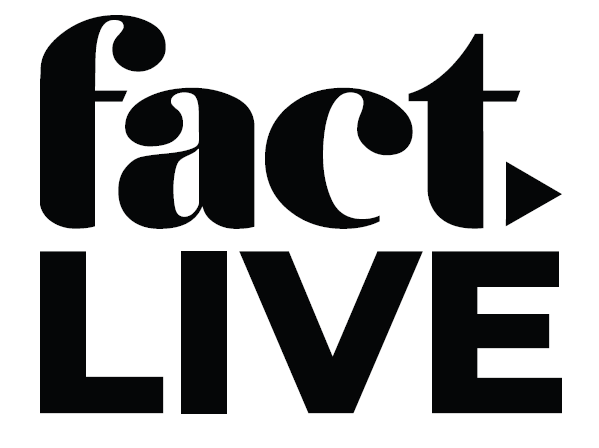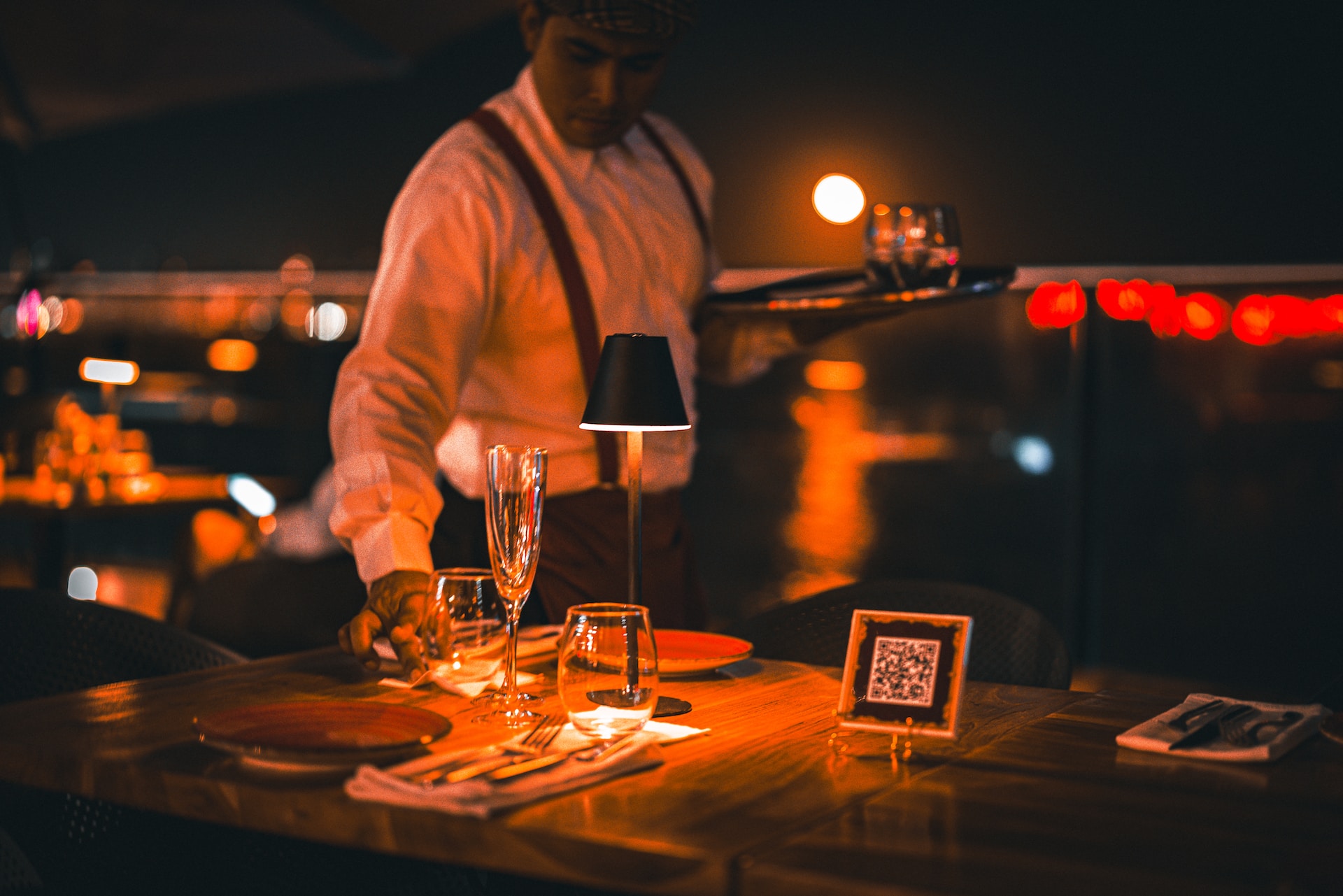In a post-COVID dining world, Dubai emerges as a beacon of sustainability and innovation.
In the wake of the COVID-19 pandemic, the world witnessed a seismic shift in the way we dine out. Social distancing measures and heightened hygiene concerns prompted the adoption of contactless dining solutions, with QR code menus taking centre stage. However, in some parts of the world, the initial enthusiasm for this innovation appears to have waned, as diners yearn for the familiarity of traditional paper menus.
A few months ago, an article in The New York Times shed light on the growing dissatisfaction with QR code menus in US-based restaurants. These menus were introduced as a means to minimise physical contact during the early stages of the pandemic. However, they were being criticised for ruining the dining experience, leaving patrons longing for the tactile comfort of traditional menus. A similar sentiment echoed in the UK, with The Guardian reporting that many restaurants were ditching QR code menus.
While the rest of the world grappled with the pros and cons of QR code menus, Dubai seemed to be charting its own course. This thriving city in the UAE has managed the pandemic remarkably well and was among the first to open its doors to visitors post-COVID. With a flourishing food and beverage industry, one would assume Dubai’s restaurants share the reservations of their American and British counterparts. However, the reality is quite different.
FACT found a stark contrast because here, QR code menus are not just surviving; they are thriving, aligning perfectly with the UAE’s commitment to sustainability. In fact, 2023 is designated as the Year of Sustainability for the UAE, and restaurants in Dubai are steadfastly holding onto QR code menus as a means to reduce both production costs and waste.
To understand the success of QR code menus in Dubai and how they align with sustainability goals, FACT had the opportunity to speak to several stakeholders within the hospitality and F&B scene.
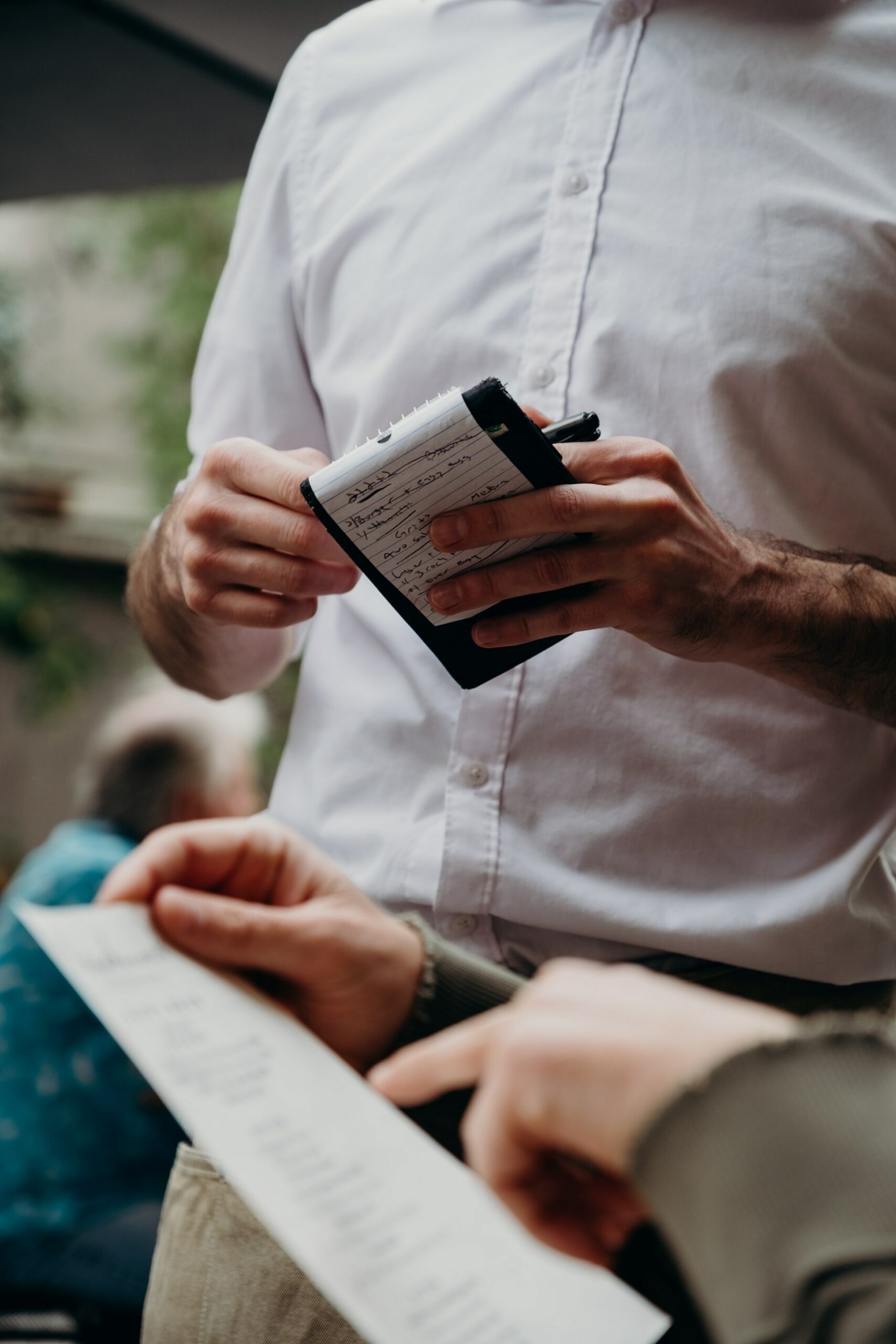
Plating sustainable dining solutions
Several dining establishments, such as Basta, Hayal, The Library, and St. Regis Bar within The St. Regis Downtown Dubai, alongside Republic Adda Bar at DoubleTree by Hilton Dubai Business Bay, The H Dubai, and the majority of Marriott International properties, embraced QR code menus as part of their enhanced safety measures during the pandemic. Their primary goal was to offer a contactless and convenient dining experience, and the trend has continued even after the pandemic’s peak.
Vipin Khattar, General Manager of The St. Regis Downtown Dubai, explained, “Many guests had grown accustomed to this method, and it also proved to be an environmentally friendly solution, eliminating the need for frequent menu reprints.” The hotel’s transition to using Seed Paper for future menu prints and inserts further reduced its environmental footprint. Khattar also highlighted the benefits of QR code menus, noting how they align with their safety commitment by minimising physical contact, reducing menu wait times, enabling seamless updates, and providing additional details about dishes. Additionally, QR code menus afford diners the convenience of accessing the menu multiple times during their dining experience without requiring printed copies, a feature guests appreciate for its flexibility and accessibility, allowing them to explore the menu at their own pace.
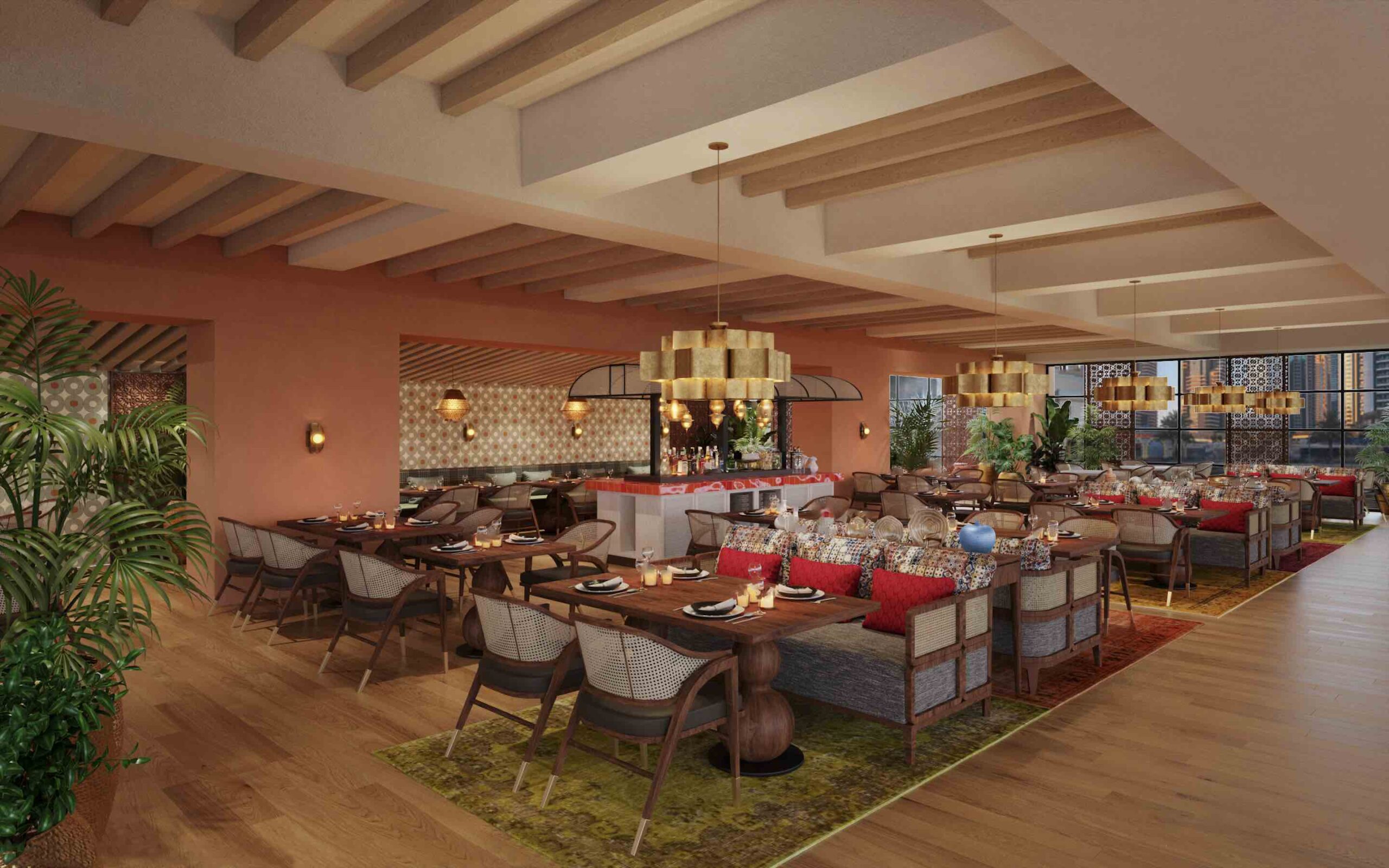
For Republic Adda Bar at DoubleTree by Hilton Business Bay, this initiative was not solely born out of necessity but also reflected their dedication to embracing innovative dining solutions. According to Hossam Belal, the F&B Head of Department at the establishment, the focus is on enhancing the dining experience. QR codes efficiently eliminate menu wait times, enabling guests to access offerings as soon as they are seated while seamlessly aligning with their paperless and sustainability initiatives. This commitment to the digital method has significantly reduced the property’s paper consumption, saving approximately 7.4kgs of paper in 2022. Notably, since the introduction of QR code menus, Republic Adda Bar has observed shifts in customer behaviour and preferences. “Guests are increasingly becoming advocates of sustainability initiatives and are more likely to choose green options,” said Hossam.
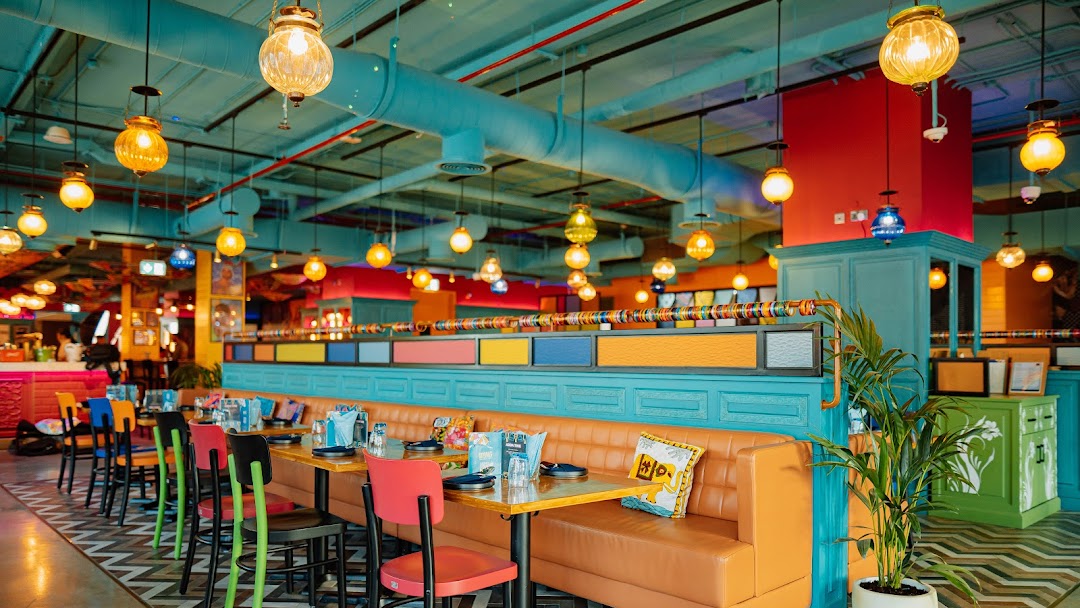
Likewise, Marriott International and The H Dubai have observed a notable shift in customer behaviour and preferences regarding sustainability. According to them, customers now exhibit greater consciousness about the sourcing of ingredients, their origin, and sustainable practices. Mohammed Matar at The H Dubai shared: “Guests appreciate the convenience and ease of access we offer.” And QR code menus provide a convenient and transparent way for guests to access detailed information, empowering them to make informed choices aligned with their sustainability preferences.
All properties recognise that some guests still prefer traditional menus. To accommodate these preferences while maintaining sustainability, both traditional and QR code menus are readily available. Furthermore, the on-site staff is always on hand to assist guests in navigating and utilising QR code menus, often providing complimentary Wi-Fi access as well.
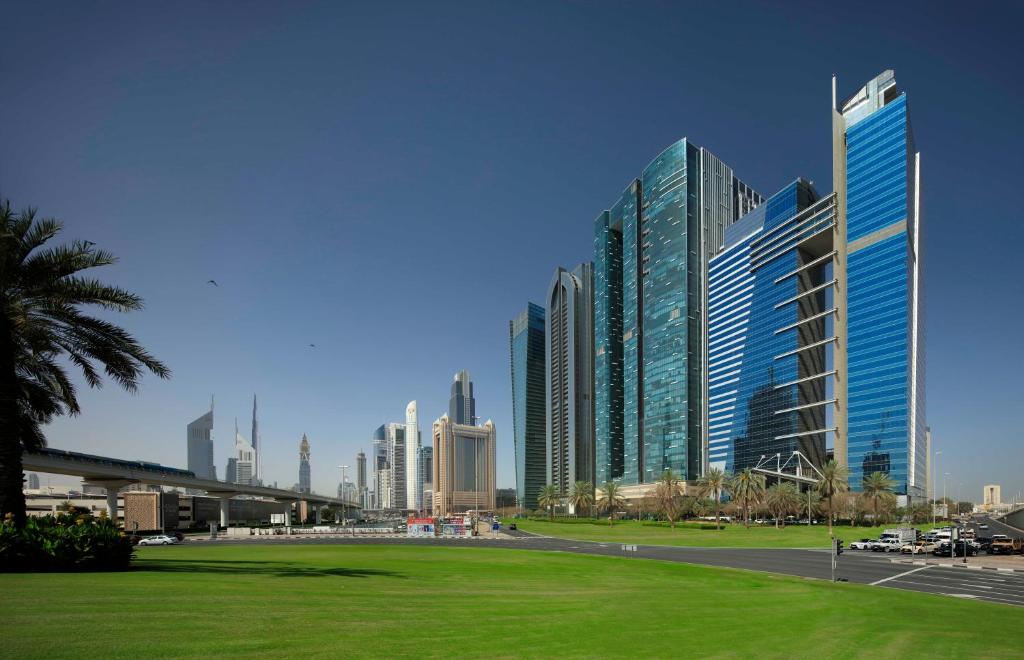
Beyond the table
The commitment to sustainability is evident in the practices adopted by these establishments. Apart from sourcing local and organic ingredients, minimising food waste, and using energy-efficient equipment, these properties have taken up other initiatives to help the cause. The St. Regis Downtown Dubai has partnered with Air0Water to provide fresh drinking water from humidity and address the global shortage of clean drinking water. Republic Adda Bar uses a Solar Panel Project that partially operates the hotel via renewable energy. Marriott International has partnered with Mai Dubai, a government initiative for reusable water bottles, and is involved in the Ne’ma project. The H Dubai has teamed up with recycling and waste management programs to further minimise their environmental impact, creating a comprehensive approach to sustainability.
In Dubai’s forefront of sustainability and technological innovation, the future of QR code menus is promising, with the potential for interactive features like ingredient details and personalised recommendations. These advances align with the demand for transparency and customisation, all while championing sustainability. QR codes are set to enhance the overall dining experience by providing real-time allergen alerts, and nutritional information, and possibly integrating augmented reality, ensuring a brighter culinary future in Dubai.

